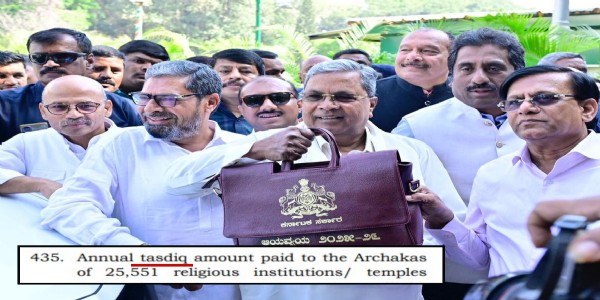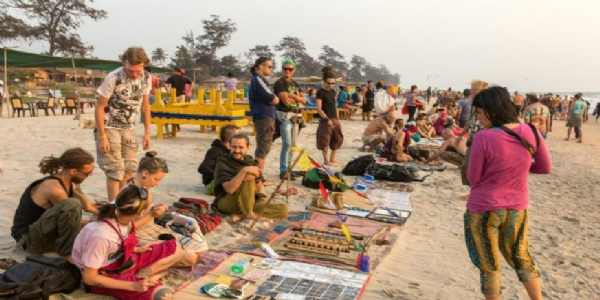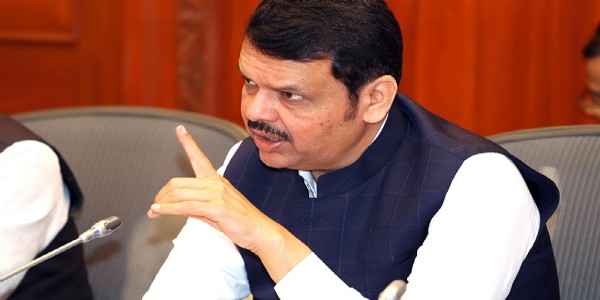VD Savarkar's grandson approaches court with criminal defamation complaint against Rahul Gandhi
"Since the concerned court officer was absent today, they asked us to come again on Saturday to get the number of the case. We have not received the case number yet and we will receive it on Saturday," Satyaki Savarkar said.
Total Views | 129
Pune, April 13: Hindutva ideologue Veer Savarkar's grandson Satyaki Savarkar on Wednesday filed a defamation case against Congress leader Rahul Gandhi for his recent remarks in London.

Satyaki - who is Veer Savarkar's brother's son, shared a purported video on Twitter where Rahul Gandhi is seen addressing the public, and said, “Today, I have filed a complaint for criminal defamation against Rahul Gandhi for his false allegations made in this speech against my grand father late Shri. Vinayak Damodar Savarkar.” The grandson, Satyaki Savarkar, said his lawyers have moved the city court with a complaint under sections 499 and 500 of the Indian Penal Code.
"Since the concerned court officer was absent today, they asked us to come again on Saturday to get the number of the case. We have not received the case number yet and we will receive it on Saturday," Satyaki Savarkar said.
Speaking about his complaint against the Congress leader, Satyaki Savarkar said, "Rahul Gandhi told the gathering that VD Savarkar had written a book in which the latter stated that he and his five to six friends were beating a Muslim man and he (Savarkar) felt happy."
Today, I have filed a complaint for criminal defamation against Rahul Gandhi for his false allegations made in this speech against my grand father late Shri. Vinayak Damodar Savarkar. @ABPNews @ZeeNews @News18India @aajtak @OpIndia_com pic.twitter.com/dUnzvWF9gP
— Satyaki Savarkar (@SatyakiSavarkar) April 12, 2023
"Rahul Gandhi, while speaking about this incident, asked if it was not a cowardly act. First of all, this incident, as narrated by Gandhi, is a fictional one. No such incident had taken place in the life of Savarkar who was a man of scientific temperament. He believed in democracy and had advised Muslims to adopt a scientific approach," Satyaki Savarkar said.
He added that Rahul Gandhi's statement about VD Savarkar was false, malicious, and aimed at insulting him."After this attempt to defame Savarkar, we decided not to sit silent and approached the court with a criminal defamation case under sections 499 and 500 of IPC against Rahul Gandhi," Satyaki said.
"VD Savarkar had not written such things in any book, so let this thing come up in the court as to in which book Rahul Gandhi read this incident," Satyaki Savarkar said.He claimed a video of Rahul Gandhi making these statements during the interaction is available and will be submitted in court.
.
.
Bharati Web







